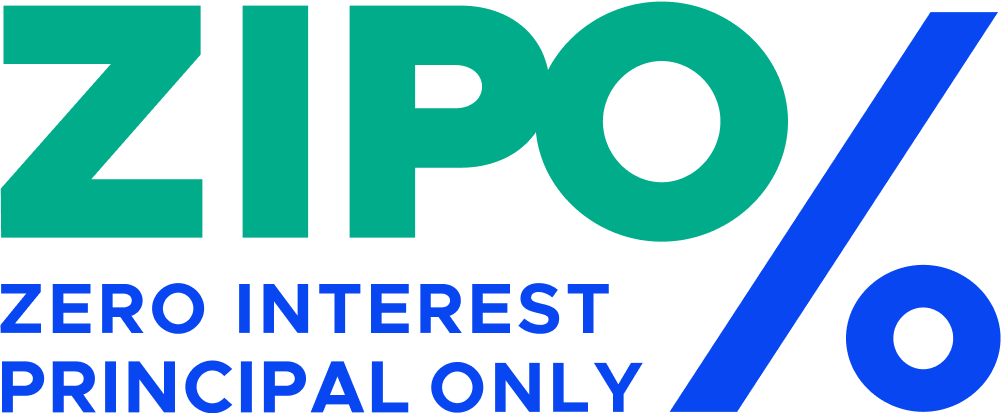NEWS
How Long Will You Actually Be Paying Off Your Loans?
The excitement that many students feel at the receipt of their college acceptance letter quickly turns to concern once they begin to think about paying for their education. Today’s universities and colleges charge increased rates for tuition, books, and supplies.
It is also important to note that this doesn’t even begin to include the cost for room and board for students who choose a school that is not near their hometown.
Student loans are one of the unfortunate necessities that many young adults and their parents must consider to afford an education. At first glance, the payment plans for a student loan can look relatively simple. For someone who is eager to launch their education, the ability to make small payments over time sounds manageable.
The hope of starting a successful career can also sometimes blur out the large amount of money that a student must borrow. The truth is that many people struggle to pay off their student loans long after they thought they’d be done. Having a realistic perspective about the loan terms helps students make the right decision.
The Issue With Pay Off Time Estimates
The majority of standard loan terms include a repayment period of 10 years. Income-based repayment plans typically allow for 25 years to pay off the balance. With an income-based repayment plan, a person pays more over time as their salary increases. While this might sound great to a struggling student, the truth is that they’ll pay a large amount of interest over time.
These pay off time estimates also don’t include factors that can alter their ability to pay their loan. For instance, some students choose to pursue advanced degrees. This naturally increases their pay off time. The addition of the new loans can also occur gradually enough that a student may not think about how many extra years they will be paying their loan.
How to Make Informed Choices About Student Loans
According to a survey conducted by Cengage in 2019, students generally expected to pay off their student loans within about six years. Sadly, the truth is that the majority of student loan borrowers will be paying on their loans for closer to 20 years.
Students and their parents need to carefully look at the terms of their loan agreement. Until zero-interest loans are available, seeking the best rate possible can help to keep the length of the repayment period lower.
Common Roadblocks to Paying Off Loans
It helps to keep a realistic perspective regarding loan repayments. Considering that most people take out student loans when they are in their late teens to 20s, a lot can change during the next 20 years. Students often encounter issues such as job loss, low wages, and health issues that impact their ability to pay off their loans in time.
When to Consider Refinancing a Loan
Student loans can be refinanced to make payments more manageable. A person might choose this option to get a lower interest rate after they’ve improved their credit. With this route, it is important to be careful. Ideally, students should use the extra money they are saving to put toward their payments if they want to pay off the loan faster.
How Zero Interest Loans Help
Credible reports that the average student loan interest rate ranges from 4.66% for undergraduate students to 7.27% for parents taking out, PLUS loans. Given the high cost for tuition, eliminating interest rates makes it possible for everyone to focus on only making payments on the principal of their loan so that their money goes further. Each payment will truly be chipping away at the balance rather than on accumulating interest charges.
The fact that many young adults get strapped with making loan payments for decades is unsettling. Student loan debt holds many people back from being able to hit milestones in their adulthood such as buying a home.
Finding ways to reduce the amount of time people spend paying back their debt helps everyone by putting more money back into the economy, and some of our country’s brightest minds won’t be afraid to enroll in college and use their skills for the greater good.
